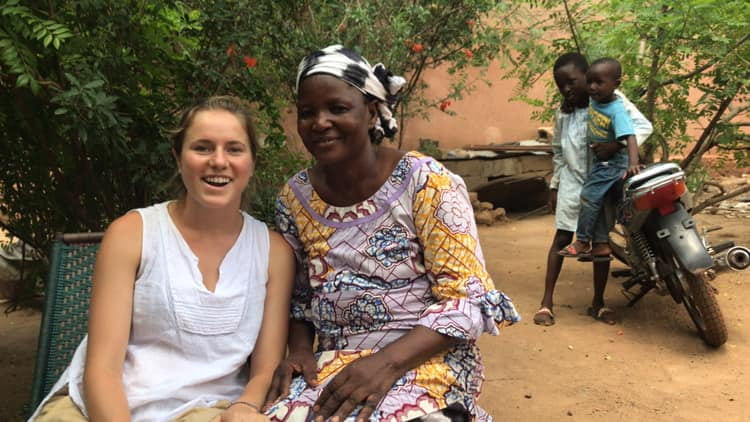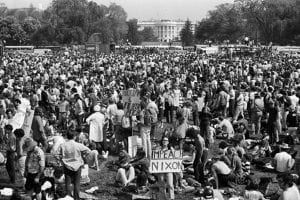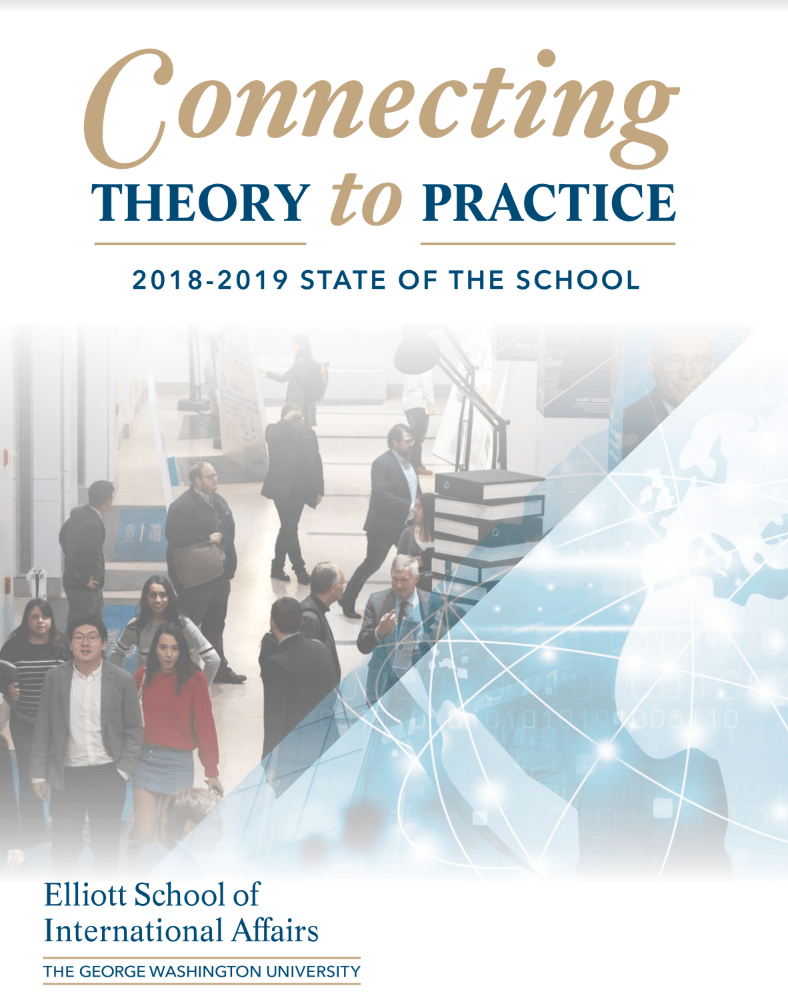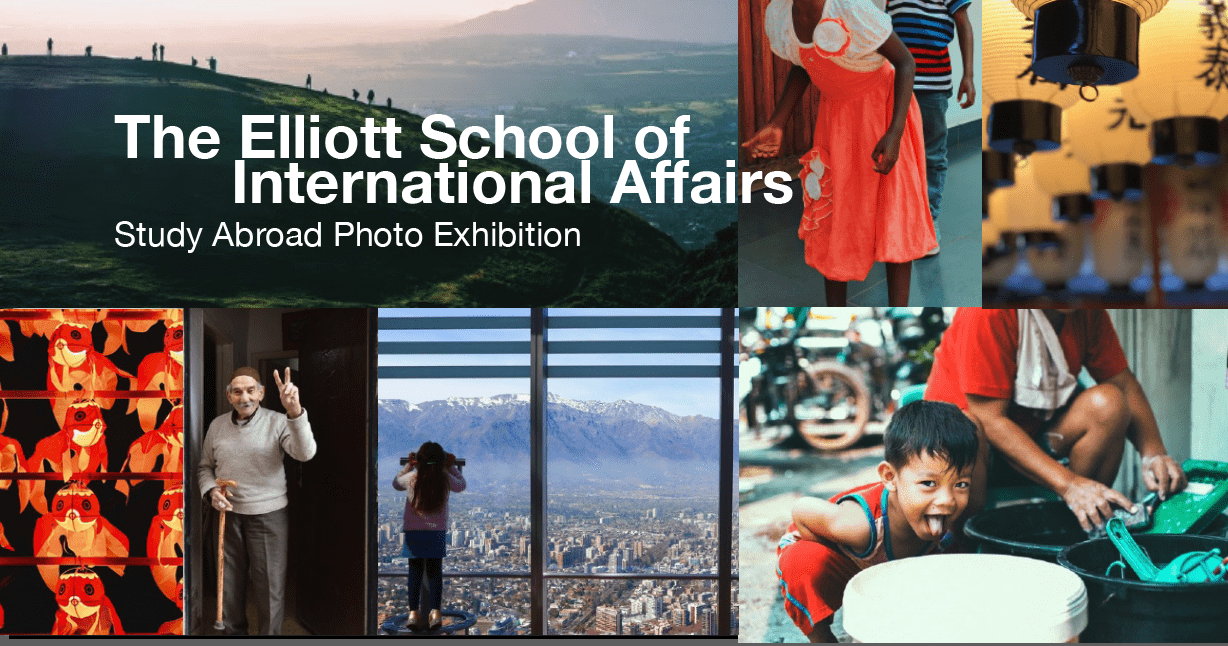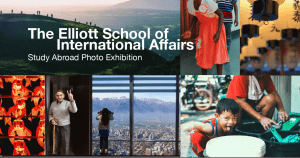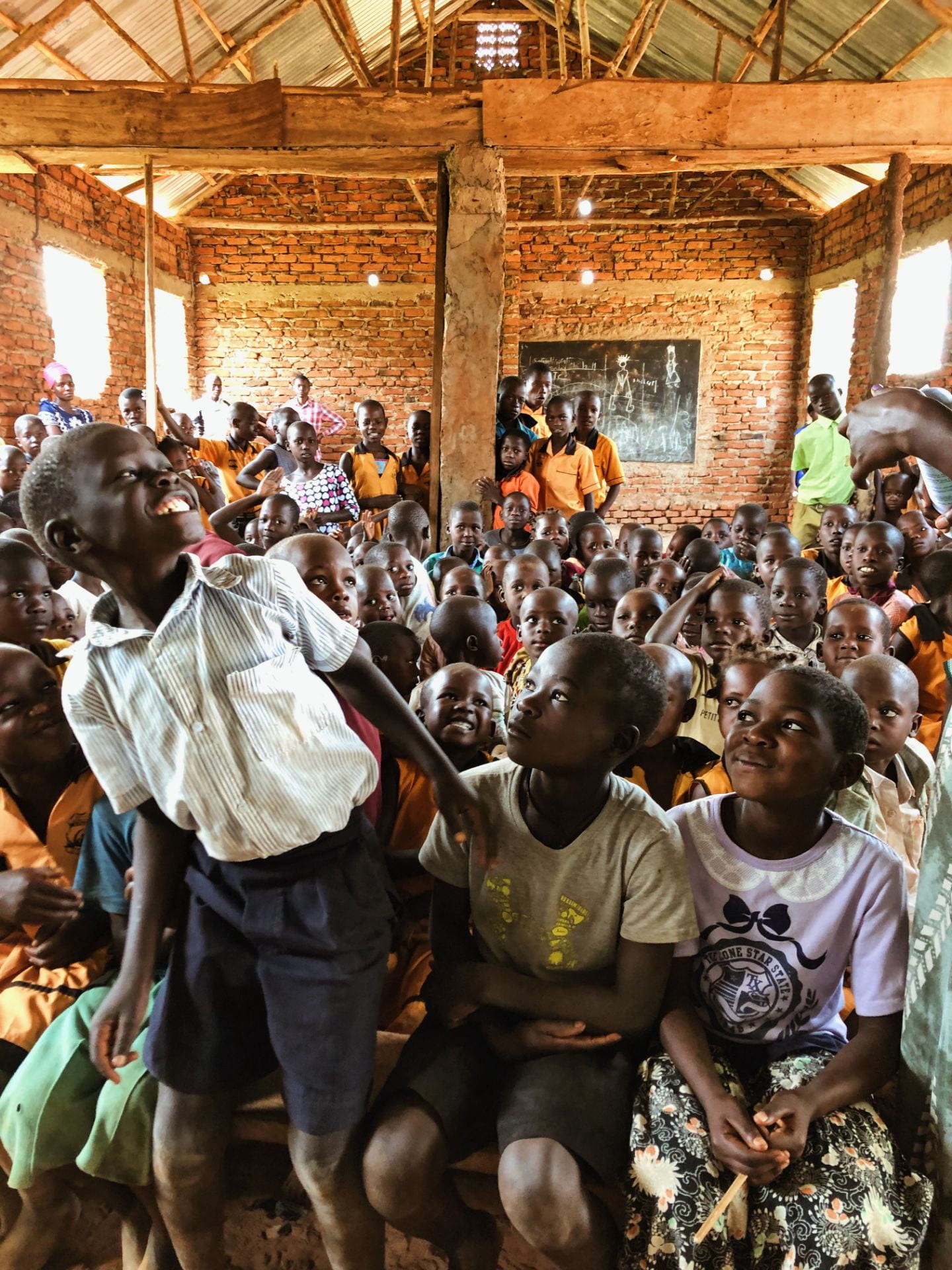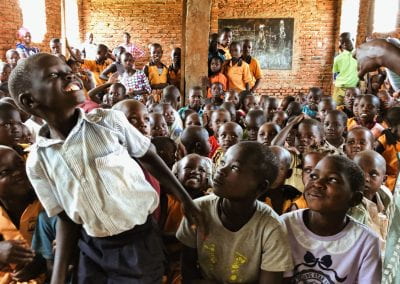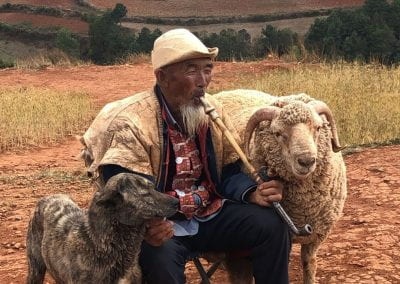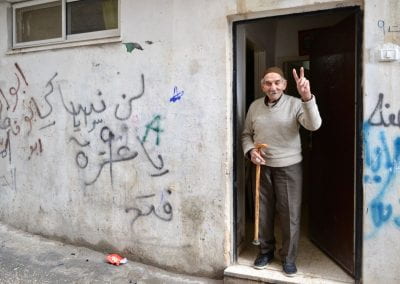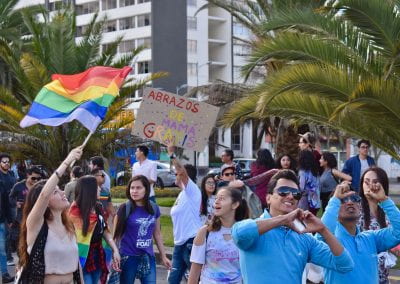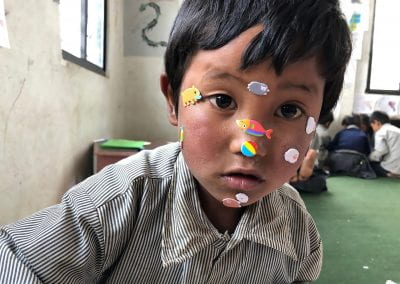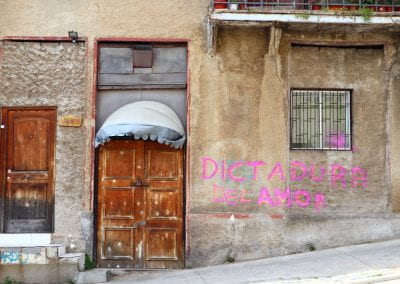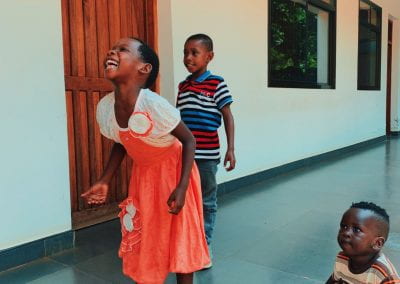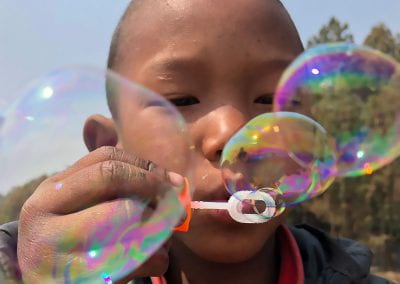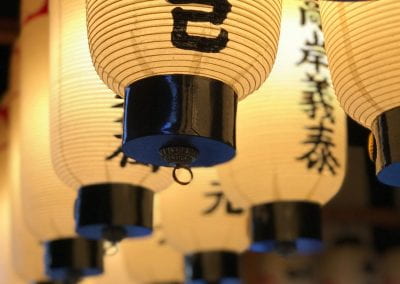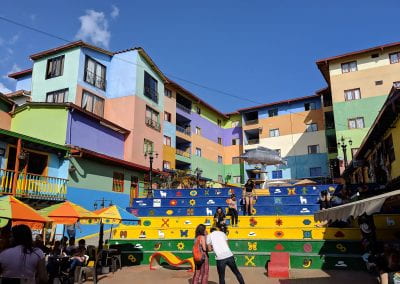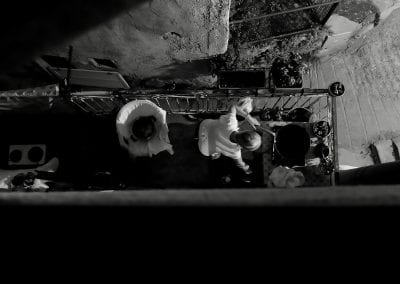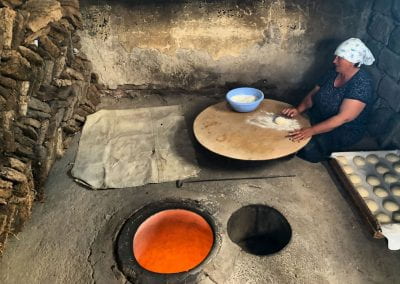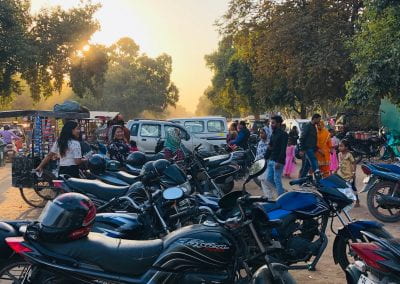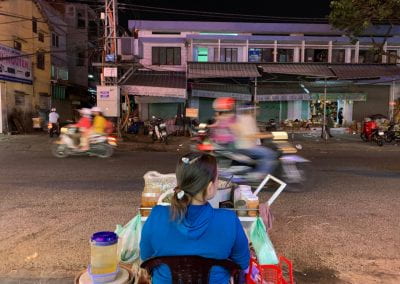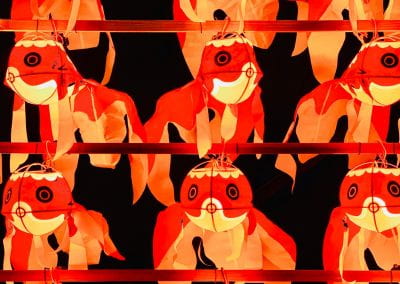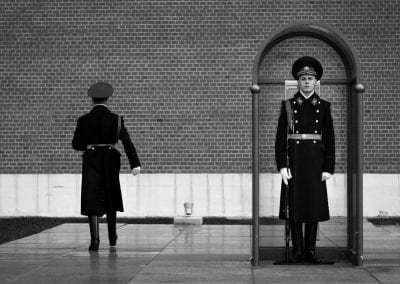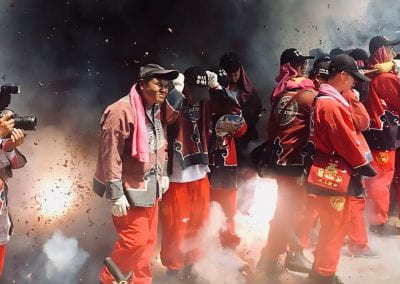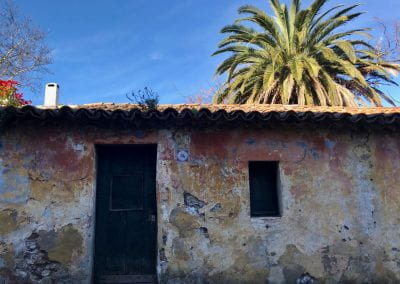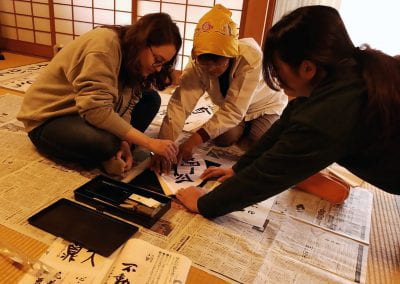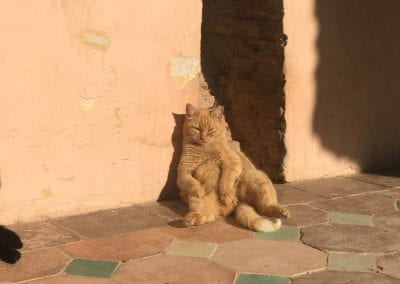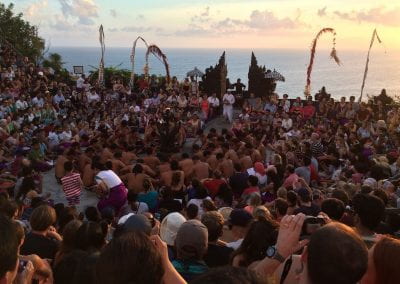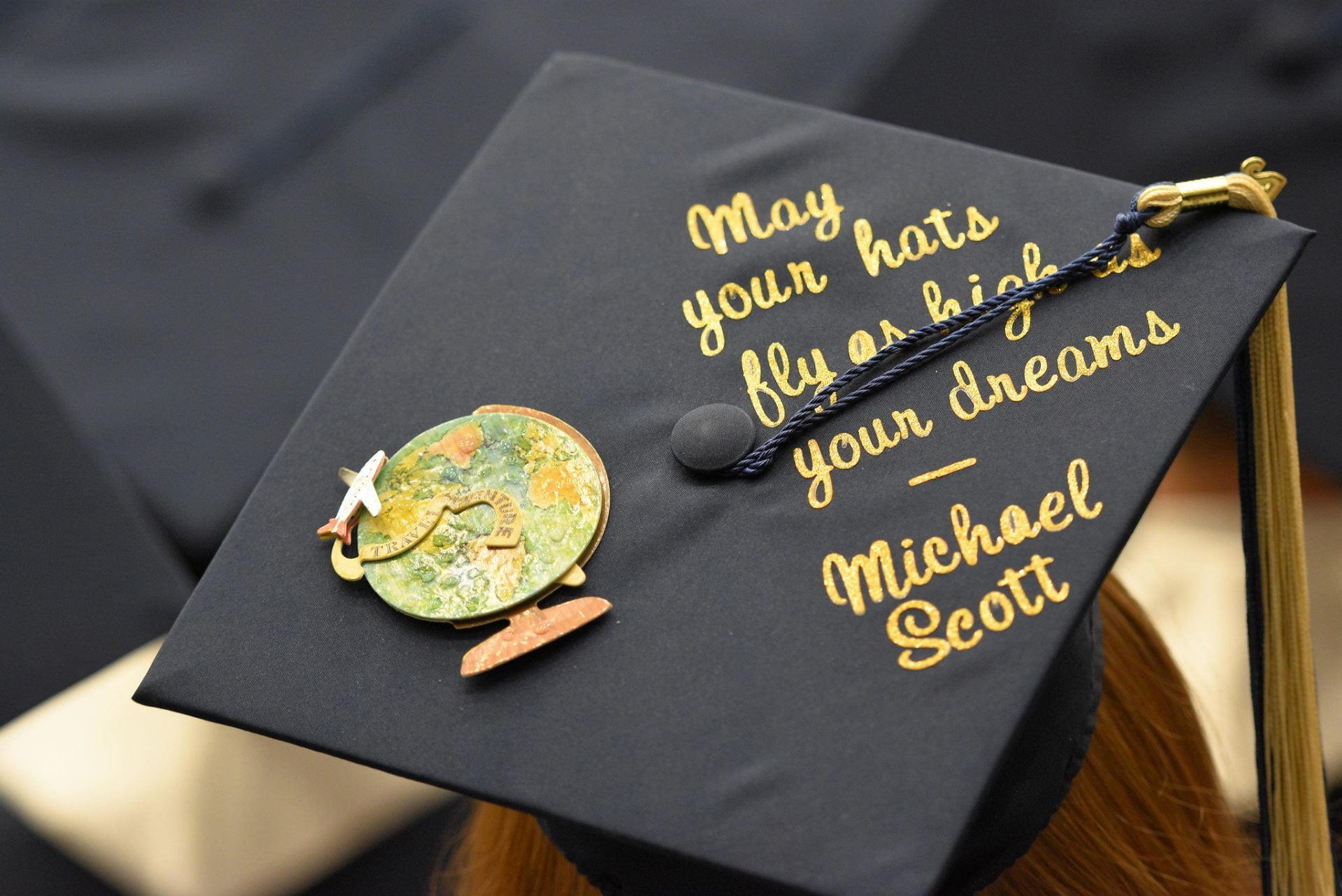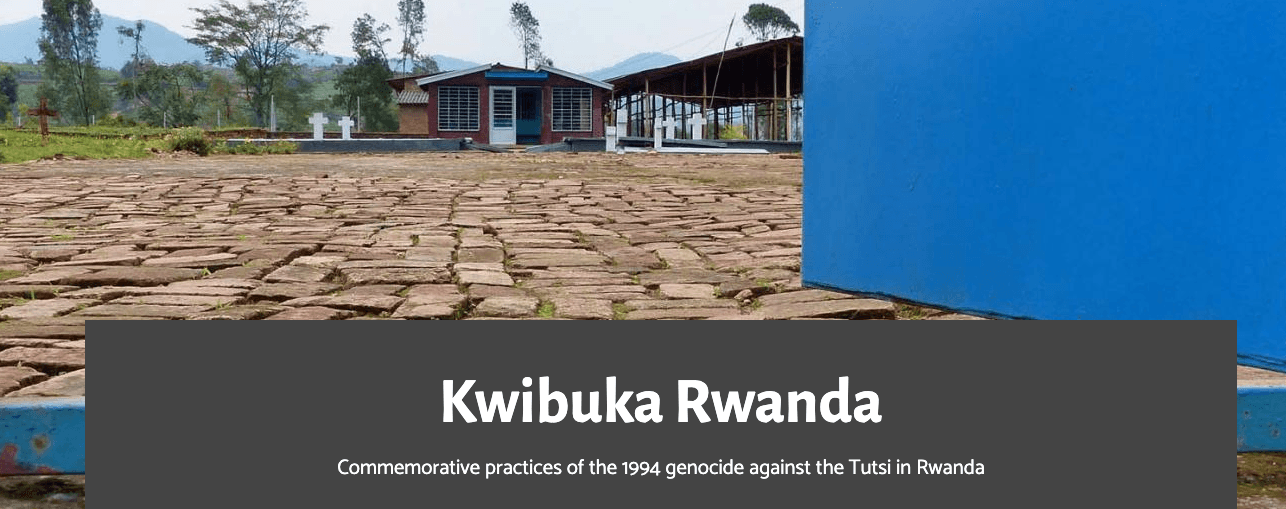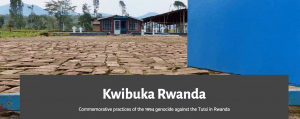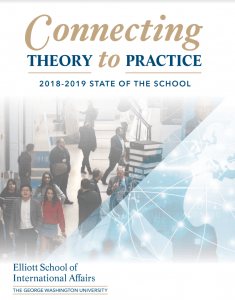 Colleagues, parents, students, faculty, and alumni, good evening. I am Ambassador Reuben Brigety, Dean of the Elliott School of International Affairs. It is my pleasure to welcome you here tonight to discuss the State of the School. I would also like to extend an especially warm welcome to members of our board of advisors joining us during their fall annual meeting.
Colleagues, parents, students, faculty, and alumni, good evening. I am Ambassador Reuben Brigety, Dean of the Elliott School of International Affairs. It is my pleasure to welcome you here tonight to discuss the State of the School. I would also like to extend an especially warm welcome to members of our board of advisors joining us during their fall annual meeting.
As I begin my fifth year as your dean — yes, my fifth year — I have journeyed from freshman year through graduation with a cohort of Elliott undergraduates. Seeing these students grow, shaped by their many experiences at the Elliott School as they become the next generation of global leaders, has been incredibly rewarding for me, both personally and professionally.
I’d like to begin by talking about some of the initiatives we laid the foundation for when I first began my tenure, and where they stand today. Next, I’ll address the president’s strategic goals and what we are doing at Elliott to advance those goals. I’ll keep my remarks brief and then take your questions.
One of my first actions as dean was to announce the creation of an Institute for African Studies. It was subsequently established and has rapidly become a hub for students, faculty and researchers who share an interest in examining contemporary issues in Africa. I’m proud to say that through the leadership of Director Jennifer Cooke and Associate Director Liberata Mulamula, the institute now has more than 50 affiliated faculty with expertise on and engagement in the African continent. The institute’s core faculty members comprise scholars from an array of fields, including comparative politics, history, economics, anthropology, geography, language, and security studies. The institute is truly interdisciplinary and continues to expand. We remain focused on our goal to offer a master’s degree in African Studies.
Another priority that I identified when I first joined the Elliott School is something I called STEP which stands for scholarship, teaching, ethics and practice. Over the course of the last four years, STEP evolved into LEAP — the Leadership, Ethics, and Practice initiative. LEAP is designed to integrate ethics across the curriculum to prepare our students to become ethical leaders. Under the leadership of its Director, Chris Kojm, we initiated a mandatory first-year experience class that focuses on the ethical challenges inherent in leadership. As part of our focus on ethics, we hired Lucia Rafanelli, whose research includes the intersection of artificial intelligence and ethics. And we continue to host professionals who share their experiences in the Why Ethics Matter speakers series.
In addition, last spring, the Elliott School inaugurated the Edward “Skip” Gnehm Leadership, Ethics, and Practice Prize. This annual award highlights the priority we place on leadership development, ethical thinking, and practical skills training. The new prize is named for our former vice dean and Elliott School double alumnus, Skip Gnehm, whose distinguished 36-year U.S. Foreign Service Career exemplifies its focus. Skip, please stand and be recognized. (applause)
Building leaders for the world has been our motto here at the Elliott School since day one. We could not develop these future leaders without the academic leadership of our 10 research institutes and the collective expertise of our outstanding faculty.
In fall 2018, for the first time in GW’s history, the Sigur Center for Asian Studies and the GW Institute for Korean Studies were jointly recognized as a National Resource Center for East Asian Studies by the U.S. Department of Education. Additionally, both centers received federal funding for Foreign Language and Area Studies Fellowships, which support undergraduate and graduate students of modern East Asian languages and related area studies. Please join me in congratulating the institutes’ respective directors, professors Ben Hopkins and Jisoo Kim. (applause)
President LeBlanc has set the goal of GW becoming a premier, comprehensive, global research university. We can point to our faculty’s prodigious scholarship over the past year, including publication of 35 books and more than 100 scholarly papers, along with more than four dozen research grants and prizes as proof that we are living up to this goal. Elliott faculty members: we commend you all. (applause)
I would be remiss if I did not mention with sadness the passing of Dr. Janne Nolan. She was a beloved member of our community and her death earlier this summer marked a tremendous loss for the Elliott School community and all who knew her. An amazing colleague, mentor, scholar, and advocate, Professor Nolan worked tirelessly to ensure a better understanding of the risks of nuclear war and to support the next generation of nuclear security experts. Her legacy and body of work will live on. She cared deeply about her students and will be greatly missed.
I feel lucky to be at a university that offers the depth and scope of resources that GW does. Our affiliated faculty have dual appointments at nearly every school across campus enabling creative collaboration across faculties and disciplines. This year, I am pleased to announce the appointment of six researchers and scholars as new members of our faculty. If any of you you are here tonight, please stand up and recognized. (applause). Welcome! I hope you will find your tenure here rich in collaboration and meaningful interactions.
This fall we celebrate an important milestone in our school’s history. In response to GW’s increased emphasis on the STEM disciplines, the Elliott School for the first time is offering a Bachelor of Science in International Affairs. This means that interested students will be able to seamlessly integrate STEM courses that prepare them for exciting careers in cybersecurity, counter terrorism, and space policy. It will give them an advantage in the increasingly science and tech-dependent landscape. This fall, 33 students have signed on for this degree and we look forward to its continuing expansion.
Another topic this university has taken on in a meaningful way is the subject of diversity and inclusion. These are more than just buzzwords at Elliott, they are our core values. We have taken crucial actions to ensure that our students, faculty, and staff reflect the full diversity of our country and our world. In the past year, we hosted a gender sensitivity workshop for staff and faculty; became a member of the National Center for Faculty Development and Diversity; and instituted new accessibility policies for planning and executing the 350+ public events we host each year. For the third year running, we are partnering with the Public Policy and International Affairs Program to provide underrepresented students an opportunity to learn about domestic and international public service careers; and we sponsored the Department of State’s Annual HBCU Foreign Policy Conference. These actions, while comprehensive, do not begin to represent all we have accomplished and will continue to build upon.
Let me also say that we are determined to increase student financial support, an essential factor in increasing diversity. We are making progress. Last year, we provided more financial support in the form of graduate fellowships than ever before. In addition, we provide travel grants for field research and stipends to supplement unpaid internships. We are doing everything we can to enable even more students from even more diverse backgrounds to access a world-class education at the Elliott School of International Affairs.
With that in mind, I’d like to take the opportunity to thank the many generous donors that have helped make possible an international affairs education for so many talented young people. (applause)
We could not do this without the support and generosity of our Elliott community — the alumni, parents and friends who believe in this institution and its mission. Thank you. You truly are making educating the next generation of leaders possible.
The students here at GW and the Elliott School are our strength and our future. I know I speak on behalf of the staff and faculty when I say this. Your energy and your optimism inspire us every day.
Thank you. I look forward to your questions.
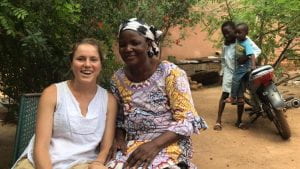 An Elliott School education has led a recent graduate from Foggy Bottom to Mali for an immersive, global experience. Kelsey Oliver, BA ’19, studied international affairs with concentrations in global public health and security policy. Now, she’s living with a host family just outside Mali’s capital city, Bamako, and working as a communications fellow with an organization called Muso. Muso brings preventative care to Malians by deploying hundreds of community health workers, mostly women, to go door-to-door in search of patients. Among the most important services these health workers provide are family planning, newborn screening and treatment for children with malaria, diarrhea and malnutrition.
An Elliott School education has led a recent graduate from Foggy Bottom to Mali for an immersive, global experience. Kelsey Oliver, BA ’19, studied international affairs with concentrations in global public health and security policy. Now, she’s living with a host family just outside Mali’s capital city, Bamako, and working as a communications fellow with an organization called Muso. Muso brings preventative care to Malians by deploying hundreds of community health workers, mostly women, to go door-to-door in search of patients. Among the most important services these health workers provide are family planning, newborn screening and treatment for children with malaria, diarrhea and malnutrition.
